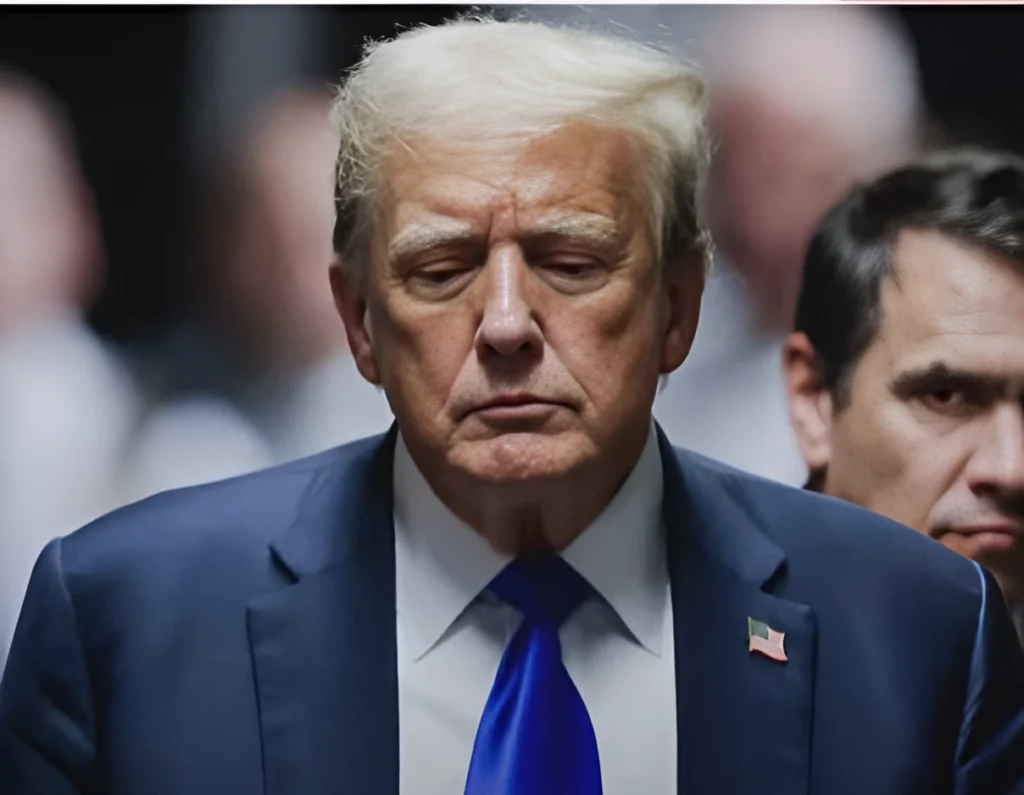In a new book by veteran journalist Bob Woodward, startling revelations have surfaced about former President Donald Trump’s interactions with Russian President Vladimir Putin, among other world leaders. The book, which sources its insights from confidential documents, transcripts, and firsthand accounts, unveils several previously unknown conversations between Trump and Putin, particularly during the COVID-19 pandemic when testing machines were scarce.
According to Woodward, Trump secretly sent COVID-19 testing machines to Putin for personal use—a move that was concealed from the public and drew criticism given the shortage of tests in the United States at that time. The dialogue between Trump and Putin, as recorded in the book, underscores the clandestine nature of this transaction, with Putin urging Trump to keep their agreement secret to avoid public backlash.
The book also dives into other aspects of Trump’s post-presidential life, including his ongoing communication with Putin, having as many as seven phone calls since leaving office. These calls have raised eyebrows and sparked debates about the appropriateness of a former president engaging so frequently with a foreign leader, particularly one who has been at the center of significant geopolitical tensions.
President Biden Cancels Africa Trip Amid Hurricane Milton Preparations
Furthermore, Woodward’s book paints a broader picture of diplomatic relationships and tensions, featuring starkly candid comments from President Joe Biden about several international figures, including Israel’s Prime Minister Benjamin Netanyahu. Biden’s unfiltered language and frank assessments reveal the complex and often strained nature of international relations.
Woodward’s revelations have sparked varied reactions, with some dismissing the claims as improbable, while others see them as a troubling indication of unusual diplomatic conduct. Regardless of one’s stance, these revelations invite a deeper reflection on the nature of private and public actions taken by those in the highest offices and their implications for national and global politics.

